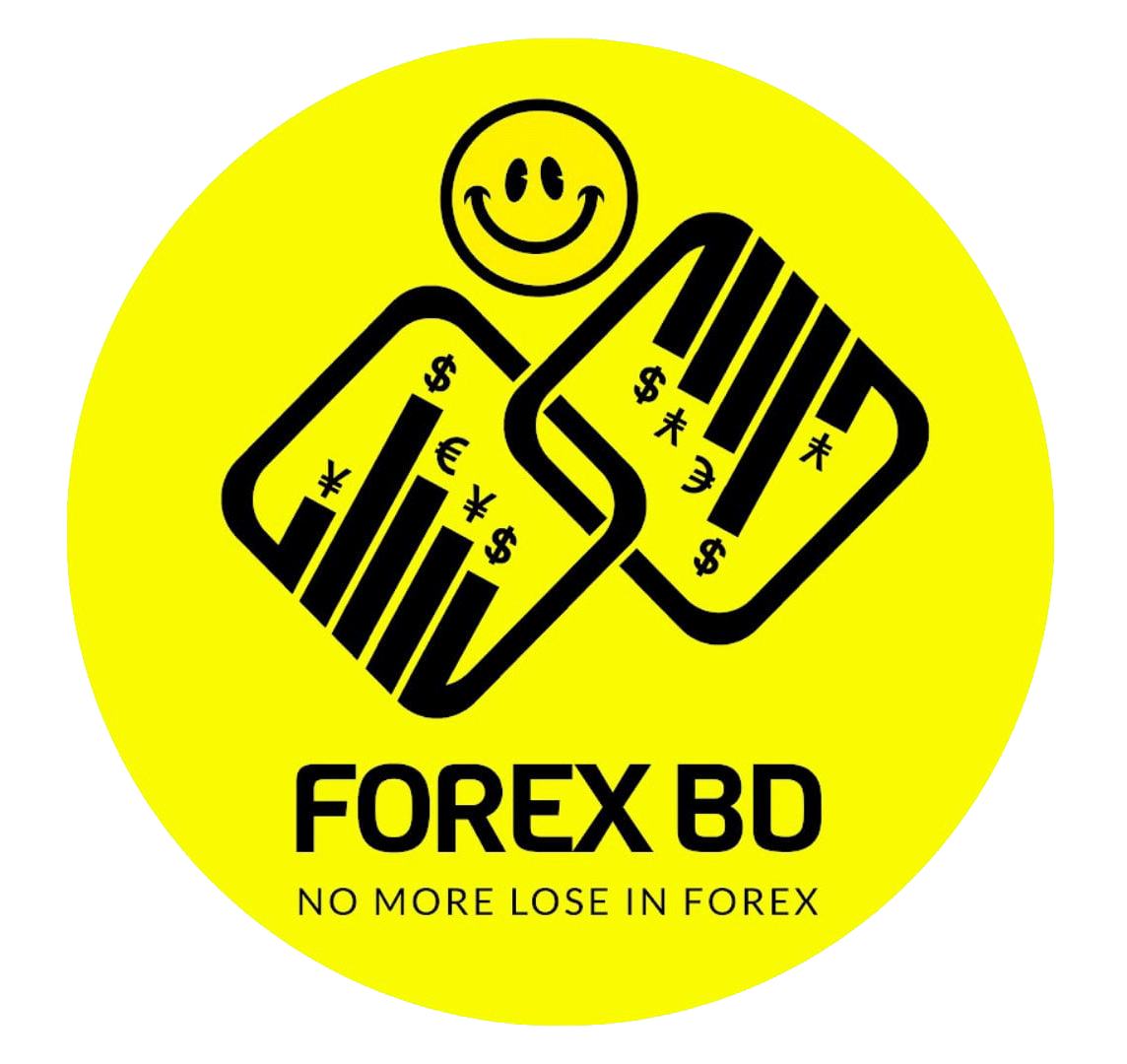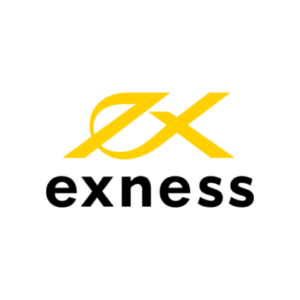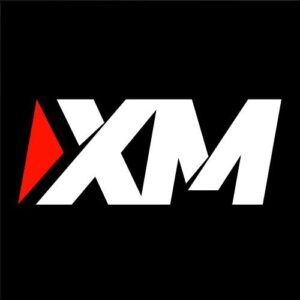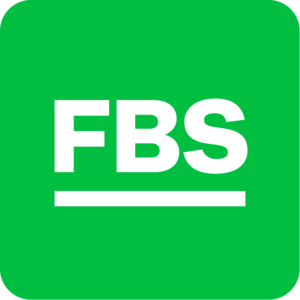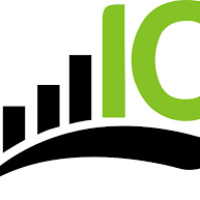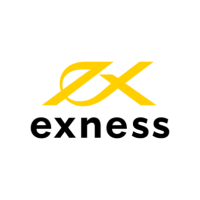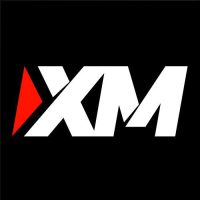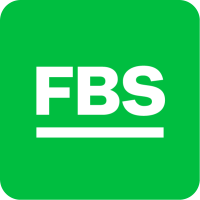Investors use various approaches to analyze the financial markets and make informed investment decisions. Among the popular methods are fundamental and technical analysis. While both techniques aim to predict future market trends, their methodologies and assumptions differ. In this article, we’ll explore the fundamental and technical analysis, their differences, and their implications for investors.
Table of Contents
- Introduction
- Understanding Fundamental Analysis
- The Basic Principles of Fundamental Analysis
- Factors Considered in Fundamental Analysis
- Advantages and Limitations of Fundamental Analysis
- Understanding Technical Analysis
- The Basic Principles of Technical Analysis
- Techniques and Tools Used in Technical Analysis
- Advantages and Limitations of Technical Analysis
- Comparing Fundamental and Technical Analysis
- Differences in Assumptions and Methodologies
- Applications and Contexts of Fundamental and Technical Analysis
- Implications for Investors
- Choosing Between Fundamental and Technical Analysis
- Combining Fundamental and Technical Analysis
- Conclusion
- FAQs
Introduction
Fundamental and technical analysis are two popular approaches to analyzing financial markets. Fundamental analysis involves evaluating a company’s financial health, management, and competitive landscape to determine its value and potential growth prospects. On the other hand, technical analysis involves analyzing past market data and patterns to identify trends and forecast future prices. While both techniques aim to predict future market trends, their methodologies and assumptions differ.
Understanding Fundamental Analysis
The Basic Principles of Fundamental Analysis
Fundamental analysis is based on the principle that the underlying value of a company determines its stock price in the long run. The goal of fundamental analysis is to identify undervalued or overvalued companies by assessing their financial and non-financial data.
Factors Considered in Fundamental Analysis
Fundamental analysts consider a wide range of factors, including a company’s financial statements, management quality, industry trends, competitive landscape, macroeconomic indicators, and geopolitical risks. Analysts typically use various ratios, such as price-to-earnings (P/E) ratio, price-to-sales (P/S) ratio, and dividend yield, to evaluate a company’s valuation relative to its peers and historical trends.
Advantages and Limitations of Fundamental Analysis
The advantage of fundamental analysis is that it provides a comprehensive view of a company’s financial and non-financial performance, which can help investors make informed decisions based on long-term growth prospects. However, fundamental analysis is time-consuming and requires a deep understanding of the company’s operations, industry dynamics, and macroeconomic factors. Moreover, fundamental analysis is subjective, and different analysts may reach different conclusions based on the same data.
Understanding Technical Analysis
The Basic Principles of Technical Analysis
Technical analysis is based on the principle that past market data, such as price and volume, can help predict future market trends. Technical analysts use charts, graphs, and other tools to identify patterns, such as support and resistance levels, trend lines, and moving averages, that can signal buy or sell signals.
Techniques and Tools Used in Technical Analysis
Technical analysts use various techniques and tools, such as candlestick charts, momentum indicators, and oscillators, to analyze market data and identify trends. Technical analysis also involves using various trading strategies, such as trend following, swing trading, and position trading, to profit from market trends.
Advantages and Limitations of Technical Analysis
The advantage of technical analysis is that it provides a quick and objective view of market trends and potential trading opportunities. Technical analysis is also flexible and can be applied to various asset classes, such as stocks, bonds, commodities, and currencies. However, technical analysis has limitations, such as the risk of false signals and the inability to predict unexpected events, such as geopolitical crises or natural disasters, that can disrupt market trends.
Comparing Fundamental and Technical Analysis
Differences in Assumptions and Methodologies
The main difference between fundamental and technical analysis is their assumptions and methodologies. Fundamental analysis is based on the principle that a company’s value determines its stock price, while technical analysis is based on the principle that past market data can predict future market trends.
Fundamental analysis relies on a bottom-up approach, which means analysts start by analyzing individual companies and their financial and non-financial data. In contrast, technical analysis relies on a top-down approach, which means analysts start by analyzing broader market trends and then narrow down to individual assets.
Applications and Contexts of Fundamental and Technical Analysis
Fundamental analysis is typically used for long-term investments, such as retirement funds, where investors aim to buy and hold undervalued assets for several years. Fundamental analysis is also used for value investing, which involves buying undervalued stocks that have strong growth potential.
Technical analysis is typically used for short-term trading, such as day trading or swing trading, where investors aim to profit from short-term market trends. Technical analysis is also used for momentum trading, which involves buying assets that have strong positive momentum and selling assets that have strong negative momentum.
Implications for Investors
Choosing Between Fundamental and Technical Analysis
Investors can choose between fundamental and technical analysis based on their investment goals, time horizons, and risk tolerance. If an investor’s goal is to buy and hold undervalued assets for several years, fundamental analysis may be more suitable. If an investor’s goal is to profit from short-term market trends, technical analysis may be more suitable.
Combining Fundamental and Technical Analysis
Some investors combine fundamental and technical analysis to get a more comprehensive view of the market. For example, investors may use fundamental analysis to identify undervalued stocks with strong growth potential and then use technical analysis to time their entry and exit points. This approach can help investors reduce risk and increase returns.
Conclusion
Fundamental and technical analysis are two popular approaches to analyzing financial markets. While both techniques aim to predict future market trends, their methodologies and assumptions differ. Fundamental analysis is based on the principle that a company’s underlying value determines its stock price, while technical analysis is based on the principle that past market data can predict future market trends. Investors can choose between fundamental and technical analysis based on their investment goals, time horizons, and risk tolerance.
Name
Details
Rating
Regulation: CySEC, FCA, DFSA, FSCA, FSA, CMA
Founded: 2008
Founders: Petr Valov, Igor Lychagov
Year Founded : 2008
Deposit Methods: VISA, MasterCard, Neteller, Skrill, WM, PM, Crypto (MORE)
Leverage: 1:30 | 1:500
Regulation: CySEC, FCA, DFSA, FSCA, FSA.
Min. Deposit: 5 US$
Min. Withdraw : 5 US$
HQ: Sydney, Australia
Platforms: MT4, MT5, ctrader, web trading
Found in: January 30, 2007
Deposit Methods: Bank Wire (BankTransfer), VISA, MasterCard, Neteller, Skrill, WM, PM, Crypto
Year Founded : 2010
Cryptocurrencies:
 Yes
YesDeposit Methods: Local Deposit, Bank Wire (BankTransfer), VISA, MasterCard, Neteller, Skrill, WM, PM, Crypto, USDT
Year Founded : 2010
Cryptocurrencies: (5+) Bitcoin, Litecoin, Ethereum
Deposit Methods: Local Deposit, Bank Wire (BankTransfer), VISA, MasterCard, Neteller, Skrill, WM, PM, Crypto, USDT (MORE)
Year Founded : 2009
Cryptocurrencies:



Deposit Methods: Bank Wire (BankTransfer/SWIFT), VISA, MasterCard, Alipay, Bitcoin, Bitcoin Cash, Boleto, Ether/Ethereum, Litecoin, Local Bank Deposits, M-Pesa, Mobile Money, Monero, PerfectMoney, Ripple, WebMoney
Year Founded : 2009
Cryptocurrencies:



Deposit Methods: Local Deposit, Bank Wire (BankTransfer), VISA, MasterCard, Neteller, Skrill, WM, PM, Crypto, USDT
Year Founded : 2009
Cryptocurrencies:



Deposit Methods: Bank Wire (BankTransfer/SWIFT), VISA, MasterCard, Alipay, Bitcoin, Bitcoin Cash, Boleto, Ether/Ethereum, Litecoin, Local Bank Deposits, Mobile Money, PerfectMoney, WebMoney, USDT
Year Founded : 2011
Cryptocurrencies: (25+) Bitcoin, Litecoin, Ethereum
Deposit Methods: Bank Deposit, VISA, awepay, Bitcoin, FasaPay, Local Bank Deposits, Local Bank Transfers, Neteller, paytm, Skrill, UnionPay, USDT
Leverage: 1:20 | 1:500
Regulation: CySEC, FCA, DFSA, FSCA, FSA.
Min. Deposit: 50 US$
Min. Withdraw : 50 US$
HQ: Australia, Cyprus, and the UK.
Platforms: MT4, cTrader, web trading
EAs/Robots: ✅ Yes | News Trading: ✅ Yes | Scalping: ✅ Yes
Cryptocurrencies: 20+) Bitcoin, Litecoin, Ethereum
Deposit Methods: Local Deposit, Bank Wire (BankTransfer), VISA, MasterCard, Neteller, Skrill, Crypto. USDT
Leverage: 1:20 | 1:500
Regulation: CySEC, FCA, DFSA, FSCA, FSA.
Min. Deposit: 100 US$
Min. Withdraw : 100 US$
HQ: Cyprus, the UK, Australia, and the United States.
Platforms: MT4, cTrader, web trading
EAs/Robots: ✅ Yes | News Trading: ✅ Yes | Scalping: ✅ Yes
Cryptocurrencies: 20+) Bitcoin, Litecoin, Ethereum
Deposit Methods: Local Deposit, Bank Wire (BankTransfer), VISA, MasterCard, Neteller, Skrill, Crypto. USDT
Leverage: 1:20 | 1:500
Regulation: CySEC, FCA, DFSA, FSCA, FSA.
Min. Deposit: 50 US$
Min. Withdraw : 50 US$
HQ: Australia, Cyprus, and the UK.
Platforms: MT4, cTrader, web trading
EAs/Robots: ✅ Yes | News Trading: ✅ Yes | Scalping: ✅ Yes
Cryptocurrencies: 20+) Bitcoin, Litecoin, Ethereum
Deposit Methods: Local Deposit, Bank Wire (BankTransfer), VISA, MasterCard, Neteller, Skrill, Crypto. USDT
Year Founded : 2010
Cryptocurrencies:



Deposit Methods: Local Deposit, Bank Wire (BankTransfer), VISA, MasterCard, Neteller, Skrill, WM, PM, Crypto, USDT
A Forex broker is a financial services company that provides traders with access to the foreign exchange market. The primary function of a Forex broker is to facilitate the buying and selling of currencies by acting as an intermediary between the trader and the market ( Forex BD / BD Forex / ForexBD / ForexBDLTD / Forex bd LTD / @forexbd )..
Forex brokers offer traders a variety of services, including trading platforms, market analysis, and educational resources. They also provide access to leverage, which allows traders to control larger positions with a smaller amount of capital.
Forex brokers can operate in different ways, such as market makers, which set their own bid and ask prices and take the opposite side of their clients’ trades, or as agency brokers, which pass their clients’ orders directly to the market without any intervention.
Choosing a reliable and trustworthy Forex broker is important for traders to ensure that they receive fair and transparent pricing, access to a range of financial instruments, and adequate customer support ( Forex BD / BD Forex / ForexBD / ForexBDLTD / Forex bd LTD / @forexbd )..
Forex brokers play an important role in the foreign exchange market by providing liquidity and enabling traders to participate in the market with ease. Forex brokers offer a wide range of services and tools to traders, including:
Trading Platforms: Forex brokers provide traders with access to trading platforms that allow them to place trades, analyze the market, and manage their trading accounts.
Market Analysis: Forex brokers offer traders access to market analysis, including news, research, and economic data. This can help traders make informed decisions about when to enter or exit the market.
Educational Resources: Forex brokers often provide educational resources, such as webinars, videos, and tutorials, to help traders improve their trading skills and knowledge.
Leverage: Forex brokers offer traders access to leverage, which allows traders to control larger positions with a smaller amount of capital. However, it’s important to note that leverage can increase both potential profits and losses.
Customer Support: Forex brokers provide customer support to help traders with any questions or issues they may have ( Forex BD / BD Forex / ForexBD / ForexBDLTD / Forex bd LTD / @forexbd )..
When choosing a Forex broker, traders should consider factors such as the broker’s reputation, regulation, trading conditions, fees and commissions, and customer support. It’s important to choose a broker that is reliable, transparent, and offers competitive pricing and trading conditions.
Forex brokers provide traders with access to various types of trading platforms, each with its own unique features and advantages. Here are some of the most common types of Forex broker platforms:
MetaTrader 4 (MT4): MT4 is one of the most popular Forex trading platforms, used by millions of traders worldwide. It is known for its user-friendly interface, extensive charting tools, and support for automated trading through Expert Advisors (EAs) ( Forex BD / BD Forex / ForexBD / ForexBDLTD / Forex bd LTD / @forexbd )..
MetaTrader 5 (MT5): MT5 is the newer version of MT4 and offers additional features and improvements, such as more advanced charting tools, additional order types, and support for more financial instruments.
cTrader: cTrader is a trading platform that offers advanced charting tools, support for automated trading, and fast order execution. It is known for its user-friendly interface and customization options.
WebTrader: WebTrader is a browser-based trading platform that allows traders to access the market from any device with an internet connection. It is a popular choice for traders who prefer a simple and easy-to-use platform ( Forex BD / BD Forex / ForexBD / ForexBDLTD / Forex bd LTD / @forexbd )..
Mobile Trading Platforms: Forex brokers also offer mobile trading platforms that allow traders to access the market and manage their positions from their smartphones or tablets. These platforms typically offer a range of features, including real-time quotes, charts, and news updates.
When choosing a Forex broker platform, it’s important to consider factors such as ease of use, charting tools, order types, automated trading options, customization options, and compatibility with your trading style and strategy. Ultimately, the best platform for you will depend on your individual needs and preferences as a trader.
Forex brokers can be categorized into different types based on their business model and the services they offer to their clients. Here are some of the most common types of Forex brokers ( Forex BD / BD Forex / ForexBD / ForexBDLTD / Forex bd LTD / @forexbd ). :
Dealing Desk (DD) Brokers: Dealing Desk brokers, also known as market makers, act as counterparties to their clients’ trades. They provide liquidity to the market by taking the opposite side of their clients’ trades, and may also offer fixed spreads, guaranteed stop-loss orders, and other risk management tools.
No Dealing Desk (NDD) Brokers: No Dealing Desk brokers do not act as counterparties to their clients’ trades, but instead route their orders directly to liquidity providers, such as banks, financial institutions, and other brokers. NDD brokers typically offer variable spreads and faster order execution speeds than DD brokers.
Electronic Communication Network (ECN) Brokers: ECN brokers are similar to NDD brokers, but instead of routing orders to a single liquidity provider, they connect their clients to a network of liquidity providers, which compete to offer the best bid and ask prices. ECN brokers typically charge a commission for their services, but offer some of the tightest spreads and fastest order execution speeds in the market.
Straight Through Processing (STP) Brokers: STP brokers are similar to NDD brokers, but instead of routing orders directly to liquidity providers, they use automated systems to execute orders based on pre-defined trading rules. STP brokers may offer variable or fixed spreads, and may charge a commission or markup on their services.
Hybrid Brokers: Hybrid brokers combine elements of different business models, such as acting as both a market maker and an ECN broker, or offering both fixed and variable spreads. Hybrid brokers may offer a range of services and account types to meet the needs of different types of traders.
When choosing a Forex broker, it’s important to consider the broker’s business model and the services they offer, as well as their reputation, regulation, and customer support. The best broker for you will depend on your individual needs and trading style, as well as the trading conditions and fees offered by the broker.
Forex trading is a popular financial activity that involves buying and selling currencies to profit from the fluctuations in exchange rates. As with any financial activity, it is essential to choose a reputable and regulated broker to ensure the safety of your funds and a fair trading environment. In this article, we will discuss some of the top regulated forex broker houses.
Online forex trading payment methods refer to the various payment options available for forex traders to deposit or withdraw funds from their trading accounts. In the world of forex trading, payment methods play a vital role in facilitating smooth transactions, and it is important to choose a secure and reliable payment method that suits your needs.
Like, Share & Subscribe to Our Official Sites
Contact with Us :
Copyright © 2023 Forex BD
Risk Warning: Trading on financial markets carries risks. Contracts for Difference (‘CFDs’) are complex financial products that are traded on margin. Trading CFDs carries a high level of risk since leverage can work both to your advantage and disadvantage. As a result, CFDs may not be suitable for all investors because you may lose all your invested capital. You should not risk more than you are prepared to lose. Before deciding to trade, you need to ensure that you understand the risks involved and take into account your investment objectives and level of experience.
Disclaimer : Forexbd.ltd is not encouraging anyone to do forex/stock trading, as there are investments and financial risks involved. ForexBD channel or videos are educational and informative. Before deciding to invest in the forex market, you should carefully consider your investment objectives, level of experience, and risk appetite.
#ForexTrading #ForexMarket #ForexBroker #ForexSignals #ForexAnalysis #ForexEducation #ForexPlatform #ForexTools #ForexStrategy #ForexTradingTips #ForexInvesting #ForexNews #CurrencyTrading #OnlineTrading #TradingSoftware #TechnicalAnalysis #FundamentalAnalysis #RiskManagement #MarketResearch #TradingCommunity #ForexTradingSignals #ForexTradingSystem #ForexMarketAnalysis #ForexMarketNews #ForexMarketResearch #ForexTradingStrategies #ForexTrader #ForexTradingSoftware #ForexTradingCourse #ForexTradingForBeginners #ForexTradingPlatform #ForexTradingEducation #ForexTradingAcademy #ForexTradingOnline #ForexTradingCommunity #ForexTradingCharts #ForexTradingIndicators #ForexTradingAccount #ForexTradingCoach #ForexTradingRobot
